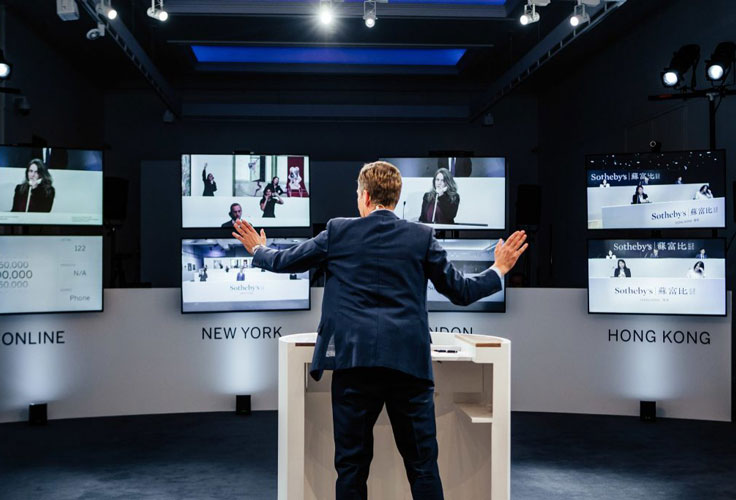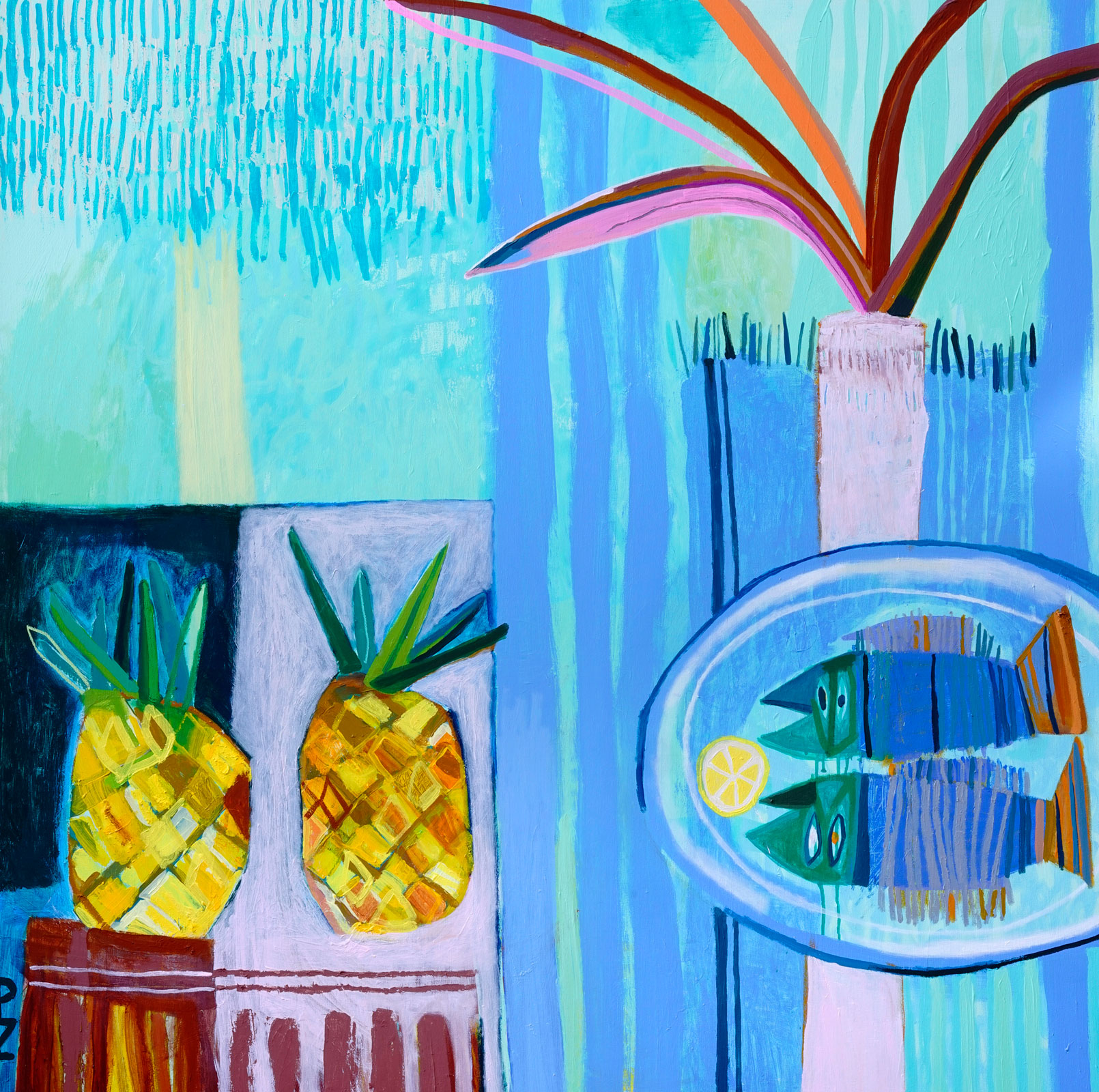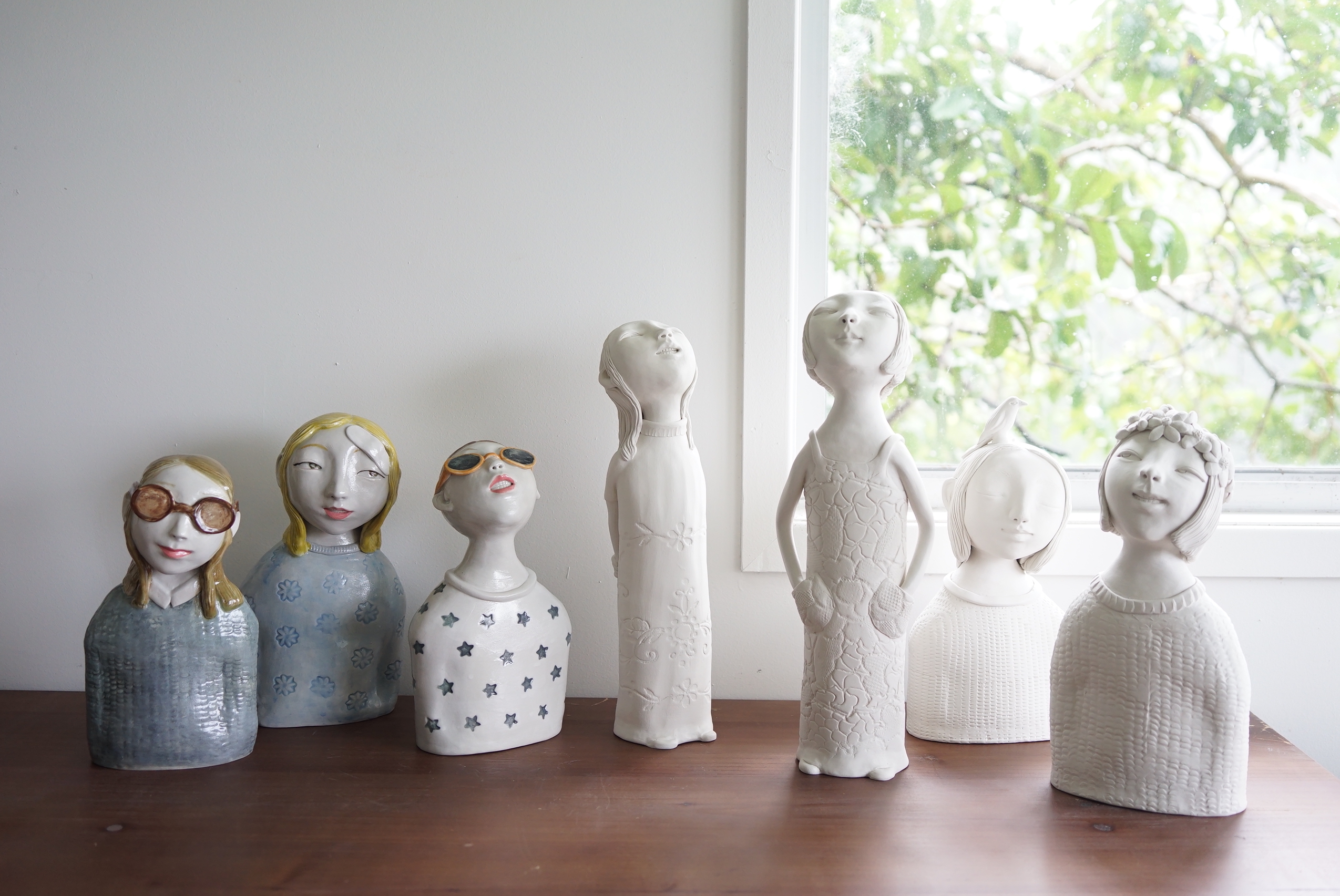
Beijing is clamping down on ‘subversive’ activity in Hong Kong. The art market doesn’t seem to care
A strong auction week in the city suggests that the art market is detached from political concerns.
On June 30, the eve of the 23rd anniversary of Britain’s handover of Hong Kong to China, Beijing passed a national security law that changed the semi-autonomous city overnight.
The law, which bypassed the local legislature and prohibits acts and activities related to secession, subversion of the state, terrorism and collusion with foreign forces, gives police sweeping powers to conduct warrant-less searches and surveillance. Certain protest slogans and songs have been deemed illegal. Books by pro-democracy activists at public libraries have been purged. And fearful Hongkongers have rushed to move their money out of the city and scrub their social media feeds in fear of getting arrested for past statements.
Yet the Hong Kong art market seems to have no concerns at all.
The annual spring auctions, which were postponed until the summer because of the coronavirus pandemic, took place the week after the law was passed and posted solid results.
“Artworks have an inherent value within a global marketplace, which should not be impacted by short-term political events in any one region,” Jonathan Crockett, a chairman at Phillips, told Artnet News. “In the long term, art has consistently proven to be a safe investment.”
Sotheby’s, which drew in US$76.8 million in its contemporary art evening sale on July 9, said it was the most lucrative such auction the company ever staged in Asia.
Christie’s, meanwhile, pulled in a combined US$125 million through its contemporary art sales on July 10 and 11, and the Hong Kong leg of its relay sale. Phillips also reported its best Asia-based sale of 20th-century and contemporary art and design, which drew US$35.1 million.
Courtesy of Artnet News
+read more





